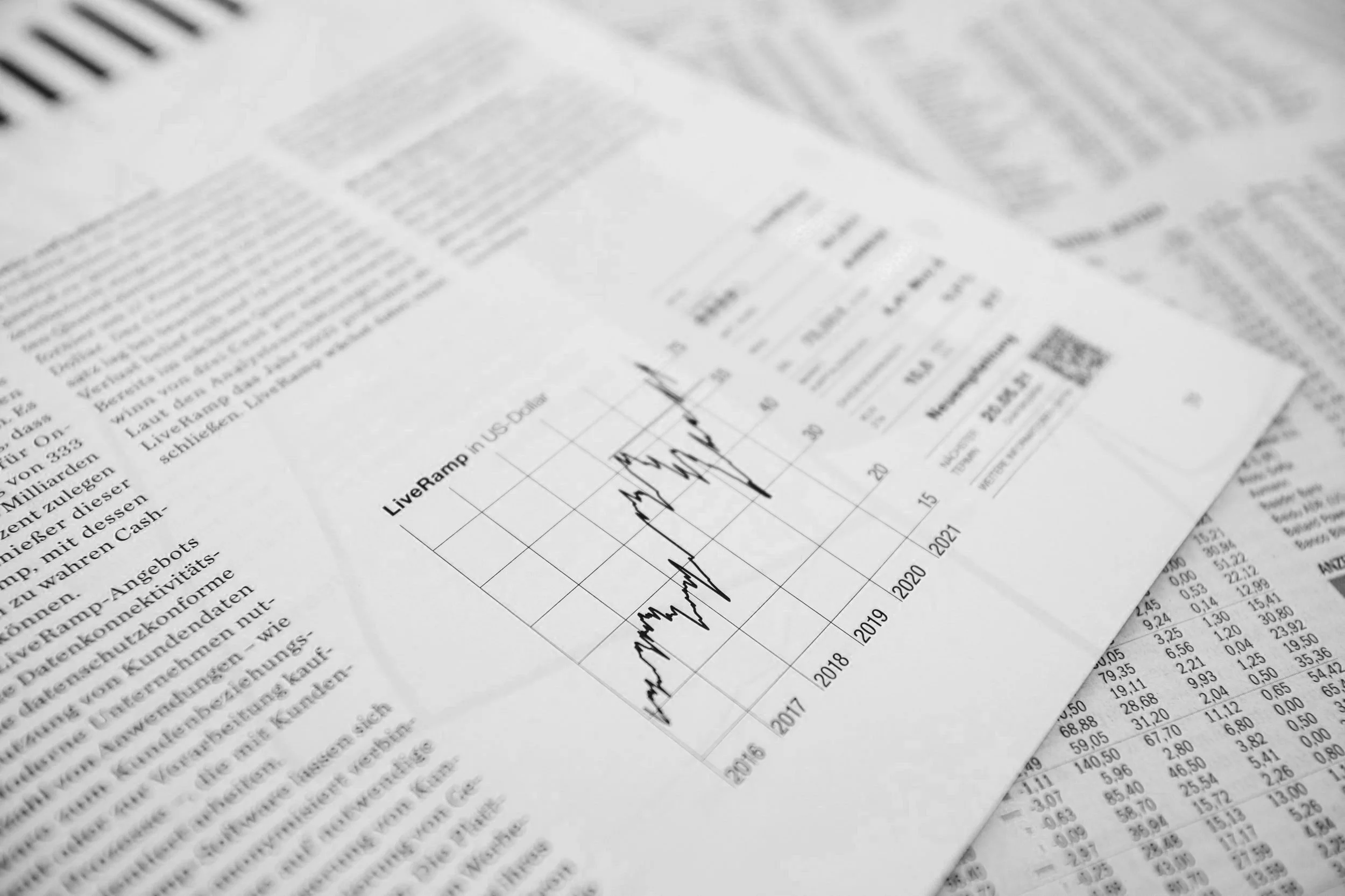The first six months of 2022 have been painful for investors, but there are some silver linings to the market’s selloff.
It is important to maintain perspective when it comes to the financial markets; even with the selloff this year, most investors have benefited from past gains.
Investment success is determined by how one reacts to turmoil and market selloffs; maintaining composure gives the best odds of getting through a downturn.














